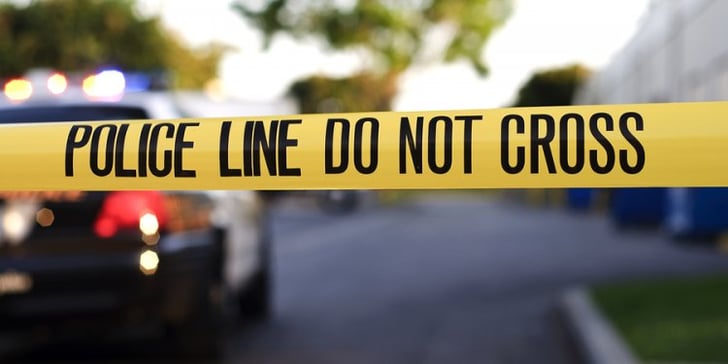It’s been a big sore spot in the national discussion of the right to bear arms. For many universities across the country, students and faculty are denied their lawful right to maintain a weapon on their person – for personal protection and safety.
The truly unfortunate thing is that while students and faculty have been constrained – those wishing to do harm upon them have not. North Carolina – traditionally a stricter southern state when it comes to concealed carry permitting – has bore an abnormally hard brunt this year with multiple college shootings involving both students and faculty.
Case Examples of Recent North Carolina Campus Violence:
- February, 2015, a man walks onto a campus condominium complex and summarily executes three Chapel Hill students at point blank range.
- In April, 2015, an armed student shows up on campus and kills one of his teachers. It takes campus police over thirty minutes to respond to the scene of the crime. By the time authorities catch up with John Stancil III, he’s in Florida.
These case examples demonstrate the obvious. Unarmed, unprepared, and defended by a campus police force woefully ill-equipped to handle situations of this nature in a timely and expedient fashion – faculty and students are placed into even more jeopardy by not being allowed to conceal carry.
It’s one of the driving forces behind the Students for Concealed Carry on Campus movement.
Texas Joins Conceal Carry on Campus Ranks
While the discussion seems to veer towards the threat of gun violence, it is ironic that the most straightforward approach is the least considered – allowing law-abiding citizens the ability to protect themselves through force of arms.
Unfortunately, even while Texas politicians pushed to enact new legislation to enable conceal carry on campus – anti-gun lobbyists still adamantly push for arbitrarily named “gun free zones” which will be at the discretion of each university’s administration.
via Washington Times
The so-called “campus carry” bill was a priority for gun rights activists, even though top universities statewide opposed it.
Both chambers previously passed their own versions of the bill, and a weekend agreement between House and Senate negotiators set up final approval.
Opponents won the concession of gun-free zones, though college presidents won’t be able to ban handguns on entire campuses.
While of course adhering to the highest standards of journalistic excellence, this Associated Press article barely pulls its punches with rather condescending final notes such as “In order to obtain a concealed-carry license, Texans must be 21, so many college students won’t qualify.”
This implies that the students are the only ones interested in conceal carrying and completely disregards the rights and safety of the many non-faculty employees and administrators whom have just as much to fear as anyone else.
As Governor Abbot looks to hopefully sign this bill into force, it’s about time Texas joins the ranks of several other states in allowing those pursuing a higher education to do so without removing their basic civil liberties such as the Second Amendment.
A New Gun Era For Texas on the Horizon?
As Texas is still deep in debates about the merits of allowing open carry – the ability to openly wear handguns and long guns about one’s person in public – their conceal carry legislation appears to take a much more progressive road.
With 2015 barely half way over, it’s already promising to see states like Texas catch up to its neighbors in Oklahoma and New Mexico. Perhaps Texas may even win itself a distinguished place as a future constitutional carry state? Only time can tell.
Do you think it’s a good decision to allow students, faculties, and employees of universities to conceal carry on campus? Do you think this deters violent criminal behavior from occurring? Tell us in the comments section below.









![[VIDEO] Employee And Thug Exchange Gunfire In Smoke Shop Robbery Attempt](https://imagedelivery.net/sbm_lYeJbALkepJgtmRD5w/concealednation.org/2017/10/ScreenHunter_1052-Oct.-14-22.00.jpg/w=728,h=381)
![[VIDEO] Here Is What You Don’t Do With Tannerite](https://imagedelivery.net/sbm_lYeJbALkepJgtmRD5w/concealednation.org/2017/06/FLYING-DOOR-OF-DEATH.jpg/w=728,h=381)



